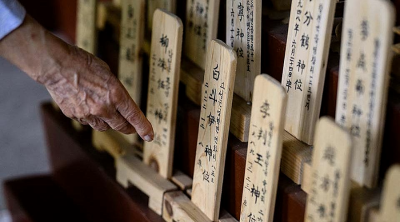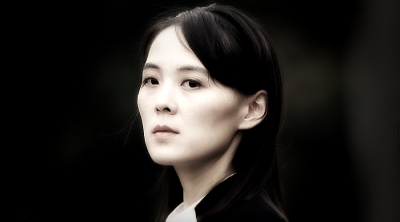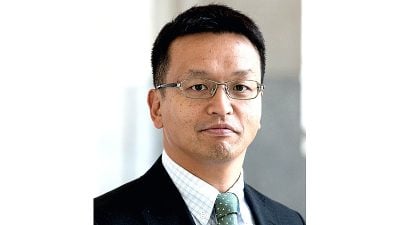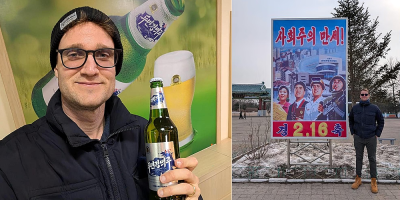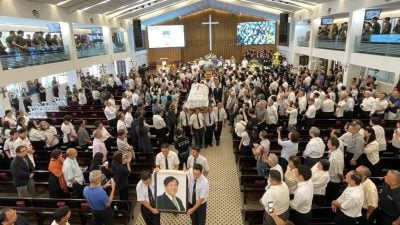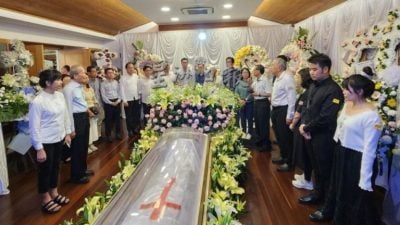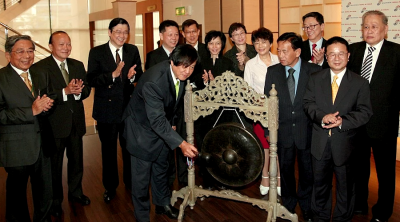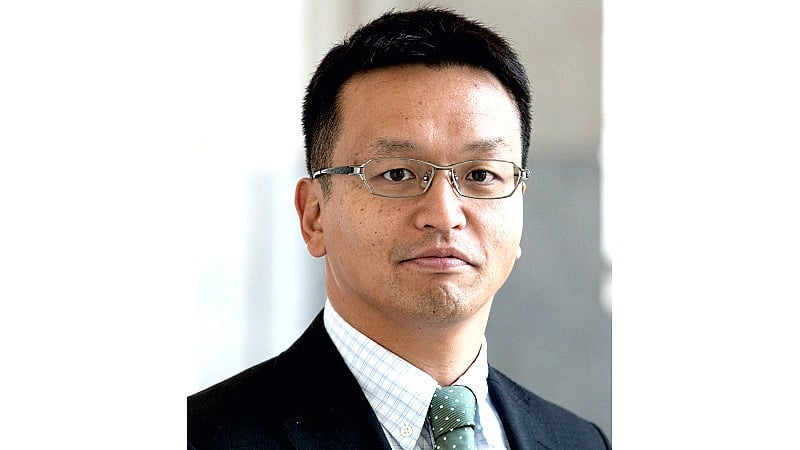
The year 2021 marks ten years since the death of Chairman of the National Defense Commission Kim Jong-Il and ten years since the inauguration of the Kim Jong-un administration.
The new leader was still in his twenties when he took over the economically and politically troubled regime, causing some to question the ability of the new leader to control the military and public sentiment.
Today, however, Kim Jong-un appears to be running a stable government.
The question is how he was able to hold onto power during this time.
Chairman of the State Affairs Commission Kim Jong-un first ensured his legitimacy by emphasizing the continuity of his predecessor’s leadership.
In a speech delivered in the style of President Kim Il-sung he highlighted the “will” of Kim Jong-il, adding that his appointment as Supreme Commander of the Korean People’s Army was “based on the will of Kim Jong-il.”
However, as Kim Jong-un became more confident in his grip on power he began to show his individuality.
His speeches included barely any mention of the names of his grandfather and father, and the notions of “self-reliance (Juche)” and “military first (Songun)” enshrined in the Rules of the Workers’ Party of Korea and the constitution were replaced by the new term “Kimilsungism-Kimjongilism.”
The use of the suffix “ism” enabled Kim Jong-un to honor the names of his predecessors while exerting his authority to interpret the ideology that is key to the socialist state.
The process of becoming independent of his predecessors was striking in terms of the personnel fallout. In July 2012, Chief of the General Staff Ri Yong-ho was abruptly dismissed from his post.
In December of the following year, Kim Jong-un’s uncle Jang Song-thaek, by then considered the second most powerful figure, was executed.
Since then, the purges have continued, creating a major generational shift at the heart of the regime over the past decade.
Kim Jong-un himself went from being the First Secretary of the party, to Chairman, and in January 2021 to General Secretary.
While all these three positions are still the most senior in the party, the title of General Secretary was also held by his grandfather and father, so his acquisition of the title signals that he has gained the confidence to see himself as the equal of his predecessors.
Since 2020, he has also been referred to as the “great leader (Uidaehan-Suryeong).”
On the other hand, portraits and badges of Kim Jong-un are not distributed to the public, nor is his birthday designated a national holiday.
The leader is flaunting his power while at the same time refraining from presenting himself as a deity.
Economic hardship is clearly behind this. By openly admitting and apologizing for his mistakes, and shedding sympathetic tears for the people who are forced to live in hardship as a result, he has diminished the notion of himself as an omnipotent god.
It is well known that North Korea’s inability to escape poverty for the past thirty years since the collapse of the Soviet Union is due to its pursuit of the development of nuclear weapons along with economic construction.
A strong economy is essential in order to win the hearts and minds of the people. At the same time, however, nuclear weapons are not easily relinquished, since they are a deterrent to the United States.
At the first ever summit meeting between North Korea and the US held three years ago, an attempt was made to bring nuclear weapons to the negotiating table, if only in part.
However, North Korea failed to extract any concessions from President Trump. Since 2020, negotiations with the US have stalled due to the double whammy of the emergence of the Biden administration and the COVID-19 global pandemic.
Unable to move forward on negotiations with the United States, Kim Jong-un began to focus on establishing a firm foundation at home.
On the economic front, he advocated “self-reliance and self-sufficiency” to further solidify the party organisation.
He called a party congress in 2021, only five years after the previous one, and held frequent politburo meetings to deliver speeches and thoroughly disseminate his policies.
This is in contrast to Kim Jong-il, who never once held a party congress or delivered a public speech.
As long as it maintains a standoff against South Korea as a divided nation, North Korea is destined to continue espousing socialism and rejecting capitalism.
In 2018, after a gap of eleven years, an Inter-Korean summit was held three times, not with the aim of bringing reunification closer but of achieving peaceful coexistence by confronting the reality that North and South Korea are de facto separate states.
The attempt to shift from the traditional slogan of “Korean People First” to the “Our State First” principle is understandable.
The lifting of economic sanctions and the unification of North and South Korea have been put on hold for the time being.
There is however still time for Kim Jong-un. Although the year of his birth has not been made public, he is said to be 37 years old now, and became the supreme leader of North Korea before Xi Jinping became the leader of China.
Kim Il-sung founded the nation at the age of 36 and continued in power for the next 46 years.
If Kim Jong-un lives as long as his grandfather, he will rule North Korea for the next 40 to 50 years. The past ten years may be just a prelude.
(Atsuhito Isozaki is Professor at Keio University, Japan.)
ADVERTISEMENT
ADVERTISEMENT






